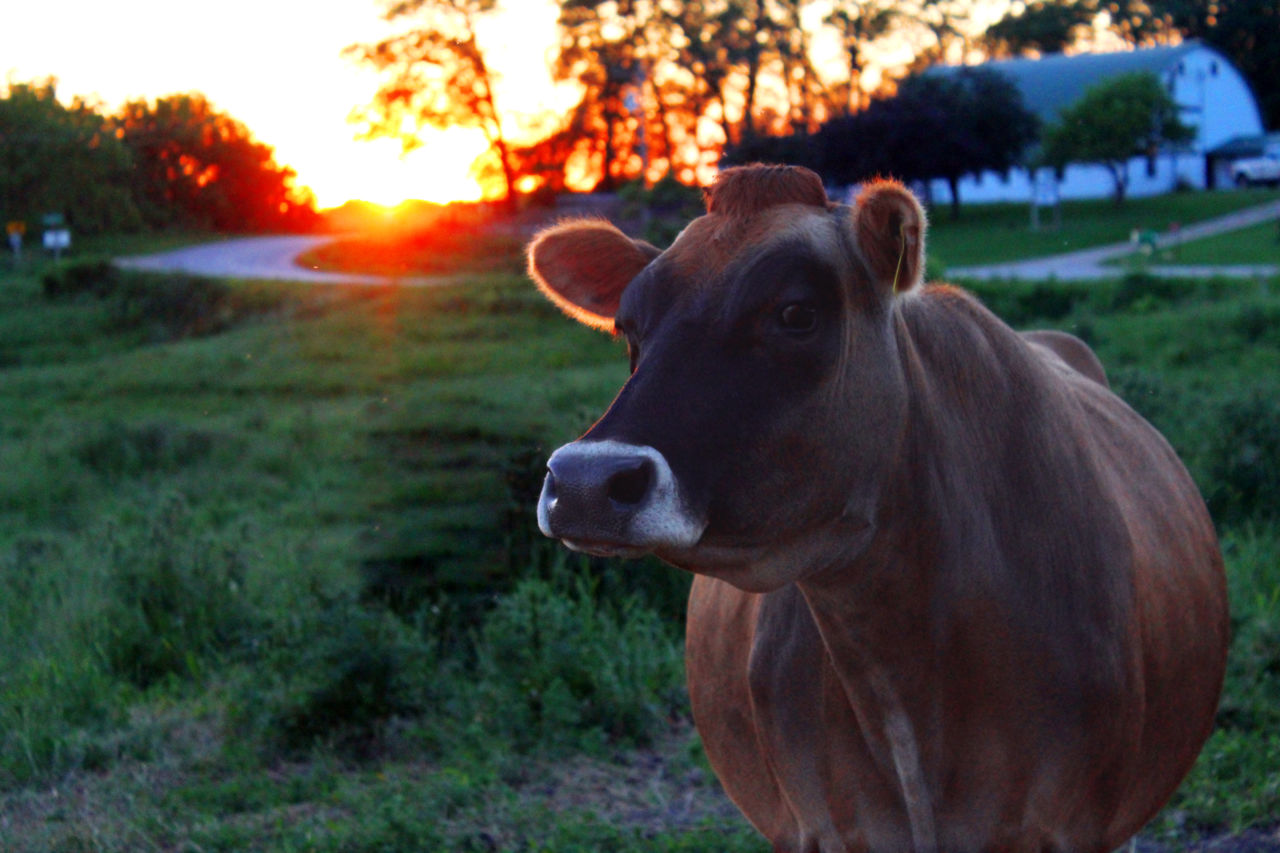Agriculture
Wisconsin agriculture hopeful for new trade agreement

A push for trade gives hope for American agriculture. President Trump traveled to Wisconsin Friday and was expected to push Congress to pass the United States-Mexico-Canada Agreement.
The trade deal is a successor to the 25-year-oldNorth American Free Trade Agreement. Groups have stepped up to show their support including the U.S. Food and Agriculture Dialogue for Trade. The group is made up of a cross-section of over 200 U.S. food and agricultural companies and associations. It said this deal strengthens the United State’s relationship with its North American partners and creates more Mexican consumers. The group said as a whole, The United States sent $20.6 billion of food and agriculture products to Canada and $19 billion to Mexico in 2018.
Top U.S. Agricultural exports to Canada and Mexico in 2018 included $2 billion in dairy products. The U.S. Dairy Export Council said the trade deal provides a $277 million economic boost in U.S. Dairy exports to North American trade partners.
In total, Wisconsin exported $3.5 billion of agricultural products to 143 countries in 2018. Canada is the top agricultural export market and Mexico is third. Secretary of Wisconsin Agriculture, Trade and Consumer Protection Brad Pfaff said seeking new markets is crucial for Wisconsin farmers.

“People want what we have in Wisconsin, and I believe they are willing to pay for that,” Pfaff said. “I want to make sure that we give those consumers an opportunity to enjoy the products that we have in our state, and I also want to make sure that our family farmers who work hard receive the financial compensation that they deserve.”
Wisconsin farmers and agriculture are efficient at what they do growing and producing more than the state could possibly use, according to Pfaff. As a result, the state needs markets. Pfaff said agriculture just part of the larger trade agreement that includes manufacturing, technology and more, but agriculture is a crucial part of the state’s culture.
In addition to value-added dairy products, there are opportunities to sell agricultural inputs to the two countries. Pfaff said he saw Wisconsin’s footprint on a trip to Mexico this May. Mexican consumers have a high demand for dairy, but the weather is not conducive for providing a solid supply.
“This is a chance for us to sell agriculture inputs to the farmers that they already have in that country,” Pfaff said. “From tractors to milking equipment and livestock genetics, we have the chance to sell products that employ people in Wisconsin.”
Republicans have been seeking a vote on USMCA before the August recess to get in front of the presidential campaign season, but it is looking more likely that any vote if one occurs at all, will have to wait at least until September. House Democrats want to strengthen enforcement of the agreement’s labor and environmental obligations.







